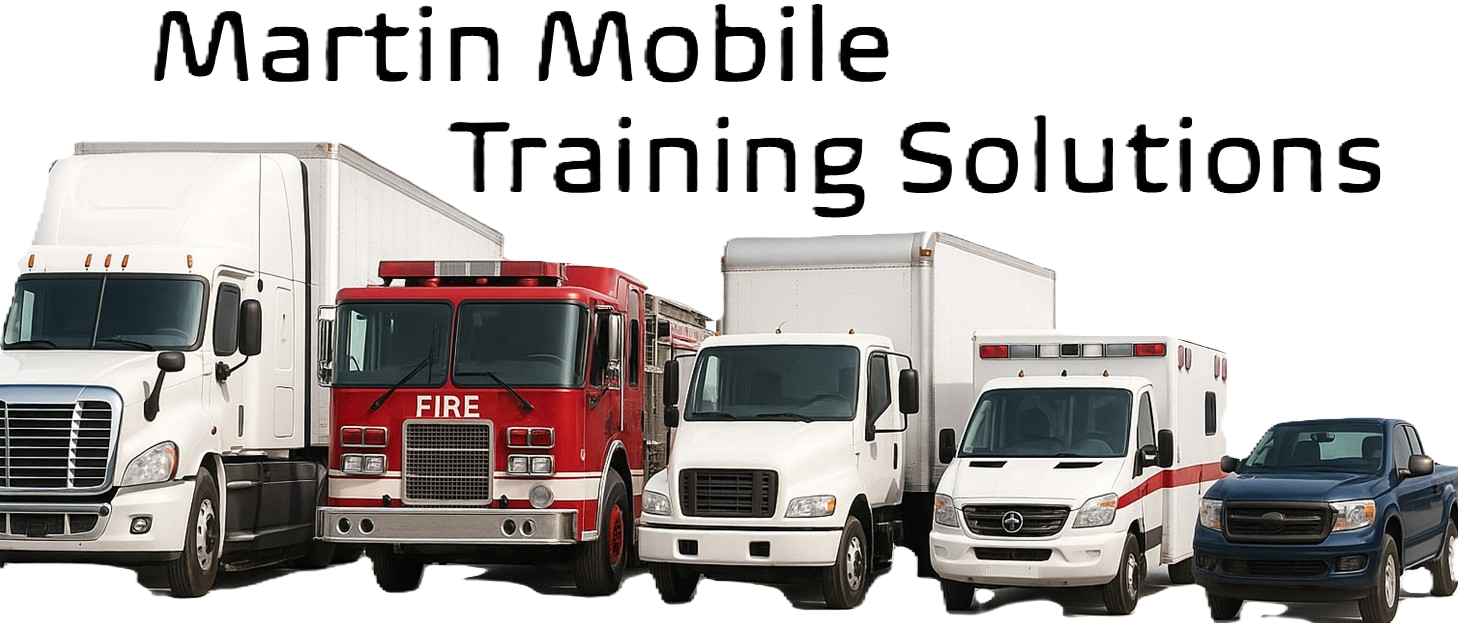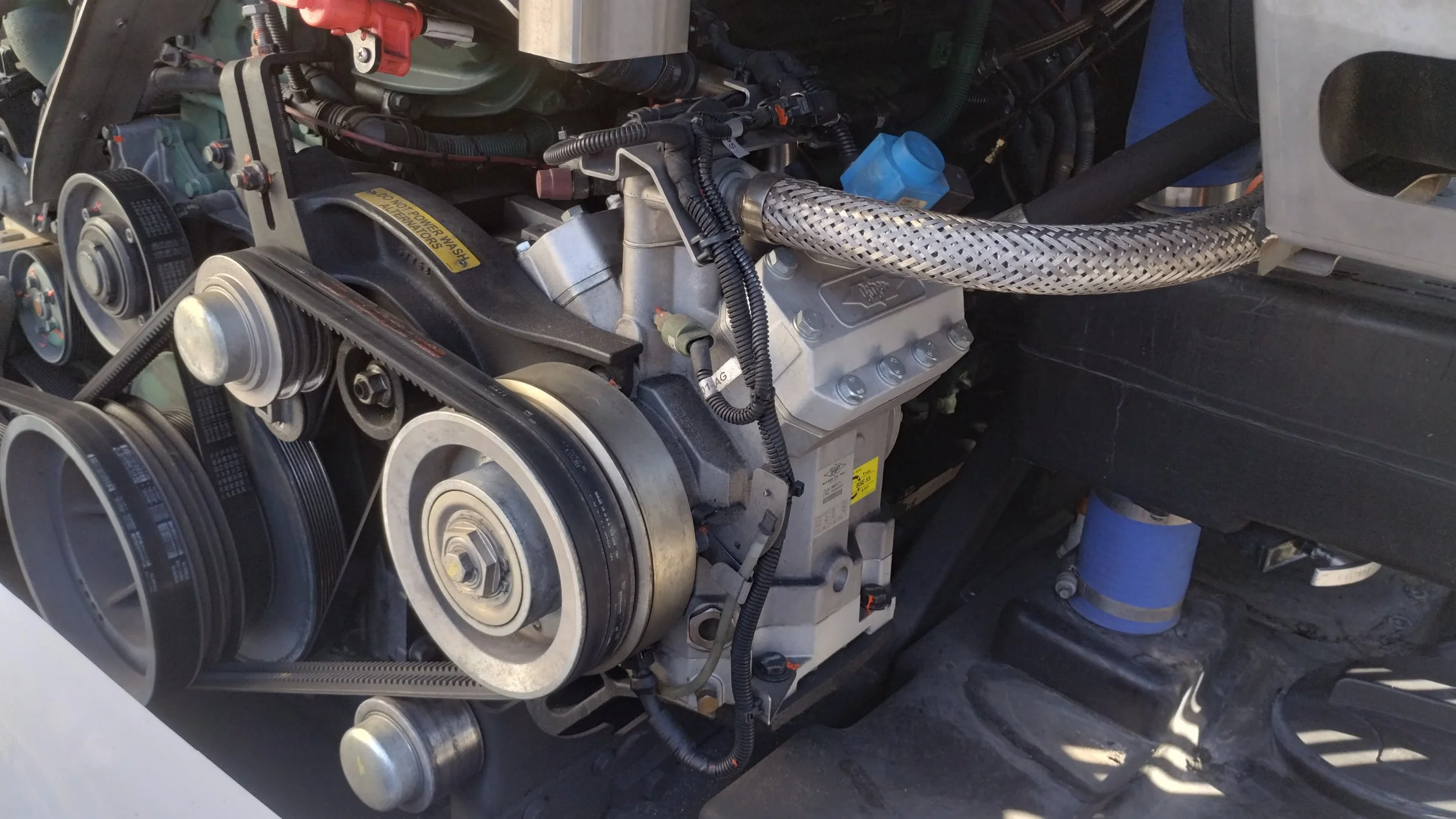This two-day course is designed for the mobile HVAC technician, focusing on best practices for diagnosis and service of mobile A/C systems. Major topics include:
A/C theory of operation refresher
System performance checks
Visual inspection of major components
Refrigerant identifier operation
RRR machine preparation
Gauge readings diagnostics
Leak detection best practices
System service best practices
R1234yf update
There will be an opportunity for the technician to acquire EPA 609 certification. All technicians who perform A/C system service “for consideration” (pay) or wish to purchase refrigerant in larger than 2-pound containers must have EPA 609 certification.
During the course, the technician will be provided with information to assist in preparation for the following exams administered by the Emergency Vehicle Technician Certification Commission (EVTCC) and the National Institute for Automotive Service Excellence (ASE):
E3 – Ambulance Heating, Air Conditioning, and Ventilation Systems
A7 – Auto – Heating and Air Conditioning
T7 – Medium/Heavy Truck – Heating, Ventilation and Air Conditioning (HVAC)
Mobile HVAC
Students will:
-
✺
Demonstrate an understanding of HVAC system operation.
-
✺
Be brought up to date on the latest in HVAC technology.
-
✺
Demonstrate an understanding of HVAC service best practices.
-
✺
Acquire an EPA 609 certification for refrigerant handling.
-
✺
Demonstrate how to conduct an HVAC system performance check.
-
✺
Gain an understanding of diagnosis of mobile HVAC systems.
Frequently Asked Questions
-
Your instructor, Tony, holds ASE A7, T7 and E3 certifications. He was a member of the ASE test building committee for A7. He has been associated with the Mobile Air Climate Systems Association for fifteen years. He is also a member of SAE HFTC6 (Human Factors Technical Committee). Tony taught automotive and diesel technology to adult learners for thirty years.
-
The training will take place at the venue of your choice. We bring the classroom to you!
-
Ideal class size is twelve. Call to discuss options for larger groups.
-
Anyone with basic mechanical and electrical knowledge will benefit. However, greater prior experience will enhance the learning outcomes.
-
The only things the students need to bring to class is their brains and a desire to learn.
-
“Tony Martin delivered exceptional hydraulic and HVAC training at the Washington Fire Mechanics Conference, combining deep expertise with a clear, practical teaching style. His engaging approach and real-world knowledge made a lasting impact on all who attended.” (Jeff Denton, Education Coordinator, Washington Fire Mechanics Association)

